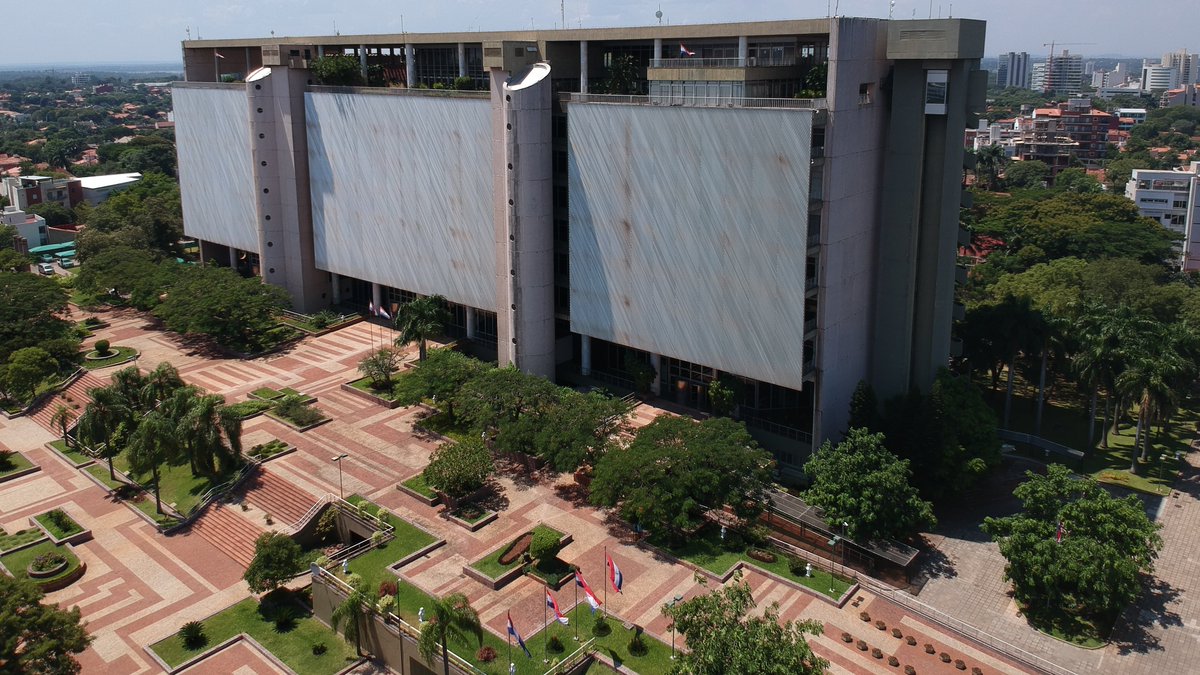RIO DE JANEIRO, BRAZIL – Through one of its directors, the Central Bank of Paraguay (BCP) explained the situation of prices in the country and clarified the trajectory of inflation. BCP board member Humberto Colmán explained that monetary policy -through its interventions in the interbank market to align the interbank market rate to its monetary policy rate- directly affects market rates and inflation through several channels.
“First, through the credit channel, it affects consumer spending. In addition, there are effects through the exchange rate channel and perhaps most importantly, the impact through the expectations channel, affecting with its decisions the expectations of economic agents on inflation over the monetary policy horizon,” he added.
With the emergence of COVID-19, exceptional measures were taken that had never been done before. The monetary policy rate was lowered to 0.75% from 4%; the legal reserve requirement rates were reduced, new windows were opened that allowed the liquidation of holdings of Treasury bonds, monetary regulation instruments, and top-rated credit portfolios.

In addition, regulatory relaxations were implemented to allow loan renewals, refinancing, and restructurings, without penalizing the category of clients or the forecasts of financial institutions. He mentioned that the effective injection of liquidity reached about 6% of gross domestic product (GDP).
“After the deflation of the months of the great initial run-up due to COVID-19 and now with exogenous adverse events resulting in the rise in international food, energy, and transportation prices, and with disruptions in global supply chains, there is a rise in inflation in the world and Paraguay. In addition, other structural factors explain the global pressures on prices, such as the reduction of the working population in developed and some emerging countries,” he specified.
In this sense, the start of the BCP’s monetary policy normalization process was essential to keep inflation expectations aligned with the official target. Inflation expectations are shaped by inflation experiences, with the risk that higher actual inflation will affect expectations, feeding an adaptive expectations scheme, he clarified.
Expectations depend on the credibility of the Central Bank, credibility that is formed with the effectiveness of the Central Bank, which is why the process of adjustment or normalization of monetary policy is very relevant, he said.
“Several analysts and commentators in the media in some cases have claimed the late start of the adjustment process, others that such measure would not have an effect on inflation given the external and exogenous origins of inflation, and others expressed concern about the rise in the cost of financing and its effect on growth,” he mentioned.
In this sense, he explained that, regarding those who refer to a late action, it is relevant to remember that monetary policy is articulated in real-time when data are unknown. Although there are projections, they are generally subject to significant uncertainty, which justifies the reason to proceed with caution in decision making. He added that this uncertainty is exceptionally high in events of great significance, such as the COVID-19 pandemic.
In this sense, he said that an essential factor for the preservation of macroeconomic stability and the anchoring of inflationary expectations would be the process of fiscal convergence towards the normal limits of the fiscal deficit, as well as the recovery of the margins of maneuver, for which lowering the debt burden in the medium term. Maintaining the fiscal convergence plan and continuing with the normalization of macro policy is fundamental for the country’s credibility.
“The current inflation situation above the band’s ceiling is a new test for macroeconomic policies. Given the recent history and the technical vocation and absence of political influences, there is a confidence that this will be another test successfully passed in the continuous path of reducing the inflationary trend of the last decades,” he concluded.

